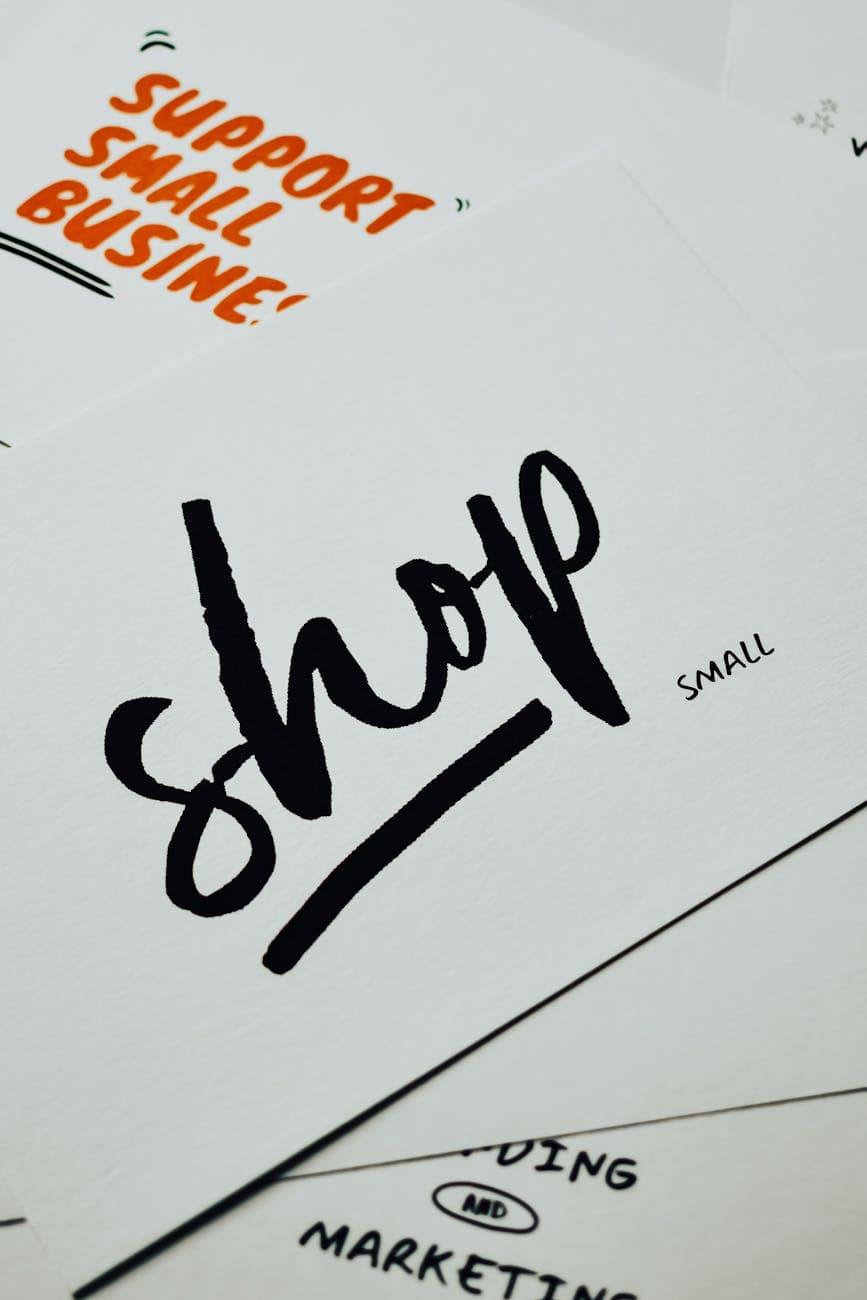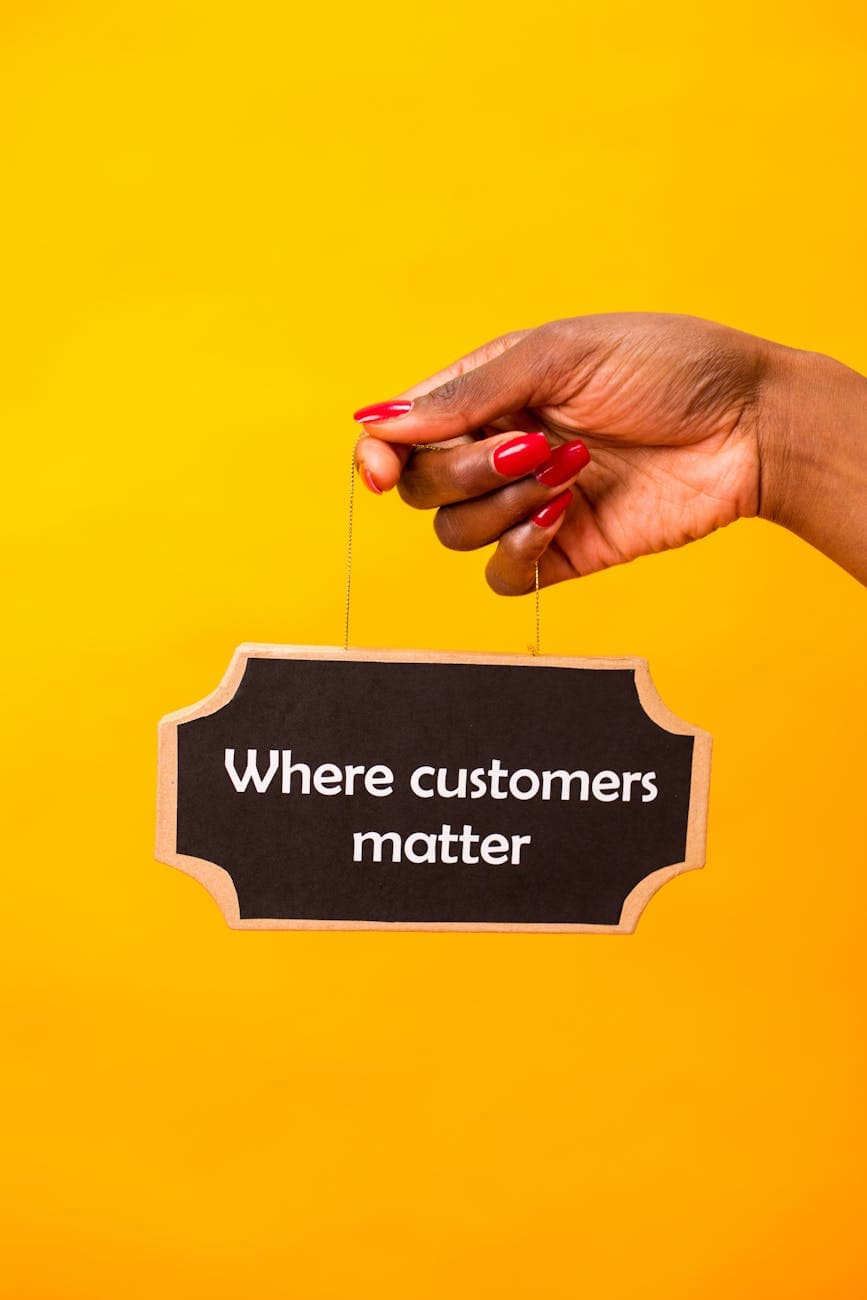The Critical Role of Customer Testimonials in SaaS Success

For software-as-a-service (SaaS) businesses, the race to win customer trust is often as intense as the race to build the best product. Amid a noisy, crowded marketplace where every solution seems to promise game-changing results, buyers have learned to tune out the marketing jargon. For all the glitzy ads and persuasive landing pages SaaS companies roll out, what prospects actually crave is something more human: authentic voices of real users who have been where they are and found meaningful solutions.
This is where customer testimonials can make a difference that no sophisticated campaign can replicate. They have emerged as the social proof that SaaS companies desperately need, a sort of digital handshake that reassures buyers, “You’re not alone, and this worked for people just like you.” The ability to harness testimonials from SaaS reviews can be a defining factor between market leaders and also-rans. As simple as it sounds, it is also fiendishly difficult to do well.
There is a subtle alchemy to an effective testimonial, especially in SaaS. A sprinkling of praise is not enough. To truly move the needle, testimonials must be authentic, detailed, and above all relatable. Yet, it is not just about putting a row of five-star reviews on a website’s hero section. The opportunities and challenges associated with leveraging these testimonials reveal much about both the evolution of SaaS as a business model and the psychology of digital customers.
The New Rules of Trust
Ten years ago, software buyers depended largely on analyst reports, vendor demos, and old-fashioned word of mouth. The decision-making landscape has changed radically. Today, a prospective customer’s journey typically begins with a Google search, quickly landing them on comparison platforms like G2, Capterra, or TrustRadius. These sites aggregate and verify thousands of honest, sometimes unvarnished, reviews. Buyers can cross-check not only ratings but also detailed usage stories from their industry peers.
What distinguishes SaaS reviews from traditional product testimonials is the level of specificity and depth. Users are quick to explain exactly how a platform solved (or failed to solve) a critical business need. It is not uncommon to see testimonials that include precise performance improvements, quantifiable ROI, or stories of how a product integration saved a sinking project. When a company weaves these narratives into its sales funnel, it signals transparency and customer orientation that appeals to today’s discerning buyers.
But this new transparency comes with challenges. Companies cannot easily “manage the message” as in the past. Negative testimonials, if not responded to with empathy and speed, can torpedo trust. Smart SaaS firms now view every review as a two-way conversation starter, not a static badge of honor. Prospects notice not just the content of reviews, but also the way vendors engage with them.
How Testimonials Drive Revenue
Research consistently shows that well-placed, relevant testimonials can meaningfully shorten deal cycles and boost conversion rates. Gartner, for example, found that buyers who engage with user-generated content such as reviews are far more likely to move quickly through the funnel. For complex SaaS platforms, particularly those requiring multi-year contracts, the stakes are even higher.
What makes these testimonials so persuasive? First, there is the bias-busting function of peer validation. When users see someone with a similar job title, company size, or industry context describe their experience, the testimonial becomes a mini-case study embedded within the buying journey. Second, SaaS testimonials provide reassurance that onboarding issues or early pains were overcome. Fear of failed implementation is a major blocker in SaaS sales, and customer stories that highlight helpful support or seamless migration become immensely valuable. Third, star customers often spotlight product features or integrations that marketing teams might have underemphasized, creating opportunities for cross- and upselling.
The Savvy Approach to Gathering Testimonials
If there is an art to the testimonial, there is an equal art to collecting them. The most compelling stories never come from boilerplate survey questions. Instead, smart companies invest in regular, proactive outreach, personalized emails, user interviews, and even co-hosted webinars with enthusiastic customers. Timing is critical: the best testimonials often come shortly after a milestone or when a customer’s insights are still fresh.
There is also a growing awareness that incentivizing reviews without crossing ethical boundaries is essential. While gift cards or small thank-yous can motivate participation, companies that overtly request “positive” feedback risk undermining the authenticity they seek. Review platforms are increasingly cracking down on paid endorsements, while buyers have become highly attuned to suspicious patterns in review language. The most credible testimonials are those that ring true, including those that acknowledge minor limitations alongside the benefits.
For SaaS companies with diverse customer bases, curating a diverse library of testimonials is strategic gold. Startups might trust early adopters from businesses just like theirs. Enterprises want to see success stories from multinational corporations. Local SMBs look for familiarity with regional needs or niche industries. Testimonials that reflect this diversity serve as micro-targeted assets for segmented marketing campaigns, sales decks, and website homepages.
Lessons and Opportunities
In the broader context, the SaaS industry’s embrace of testimonials foreshadows a future where authenticity will trump even the slickest branding. Trust, more than ever, is currency. SaaS leaders must view testimonial management not as a box-ticking exercise but as a continuous, evolving strategy.
The opportunity is not simply in securing glowing reviews. It lies in closing the feedback loop, listening to both praise and pain points, and showing the world how feedback drives real improvements. Companies that showcase substantive responses to negative reviews, detailing product roadmap changes, new features, or policy shifts that resulted, often convert dissatisfied users into passionate advocates.
SaaS buyers increasingly see themselves as part of a community, not just as a customer base. Celebrating customer successes through case studies, referrals, and co-branded webinars further deepens these bonds. Over time, testimonials cease to be just sales tools; they become part of a self-reinforcing ecosystem where customers recruit and reassure the next wave of adopters.
For SaaS leaders, the lesson is clear: invest early and often in authentic customer stories. Listen, engage, and evolve. In a world steeped in automation and algorithmic pitch, it is the voice of the satisfied customer that still carries the most weight. In the end, a great testimonial is not just about validation, it is the foundation of enduring credibility, growth, and community.


